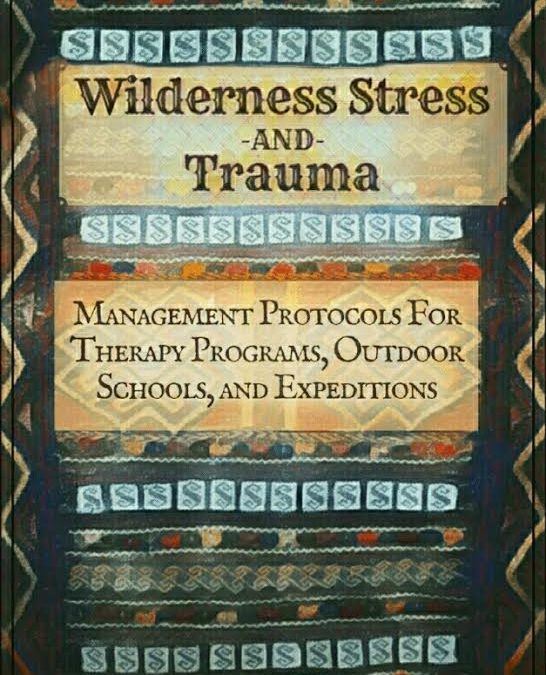by Tamarack Song
I have worked professionally with wilderness-related stress and trauma for thirty years. I first became aware of stress and trauma as issues of concern in 1979, when I began to lead canoeing and backpacking trips, along with offering a few primitive skills and edible-medicinal plants classes. Since founding The Teaching Drum Outdoor School in 1987, I have acquired an intimate understanding of the ways that the outdoors is an emotional crucible, leading to personal breakdowns and breakthroughs.
Increasingly, people have been asking me to share what I have learned about how to reach and serve those who are yearning for a more personal and relevant nature connection. Without intending it, I have become a consultant for schools, outfitters, and teaching communities. From a couple of friends getting together to offer outdoor skills workshops to the National Geographic Society, from local historical museums to wilderness adventurers, the requests for advice and insight that I receive tell me that there is not only a need, but countless opportunities to share what we know.
I have written this book to share the lessons from my mistakes and to celebrate the practices of those who work from their Heart-of-Hearts. Reading this book won’t prevent some blunders, and indeed some of them are necessary, as stumbling is the best way to learn how to walk. Yet in our professions, some errors can be harmful to others — even deadly — and I consider it my ethical obligation to do what I can to keep others from doing unnecessary harm to both themselves and their clients.
Many challenges have come up for me in my career—especially as I came to realize that for many people, the journey back to nature was also a healing journey. They are my second core motivation for writing this book. They need our best, and I wanted to support that by bringing our collective knowledge to the guides and instructors who could use it, in an easy-to-apply format that they can have right at their fingertips. In this way, the text before you is a beginning — an open-ended project for you to continue.
check out the table of contents here.

